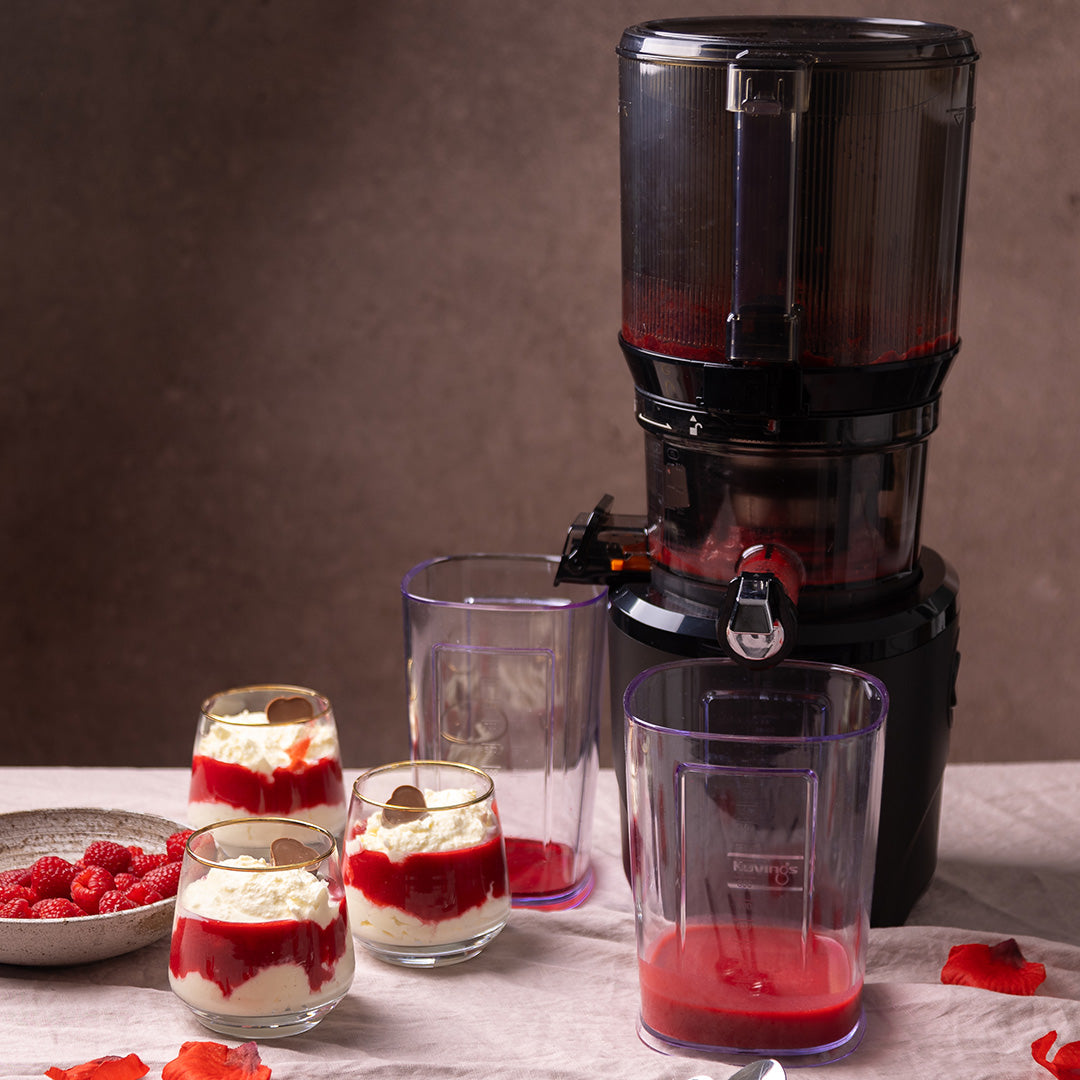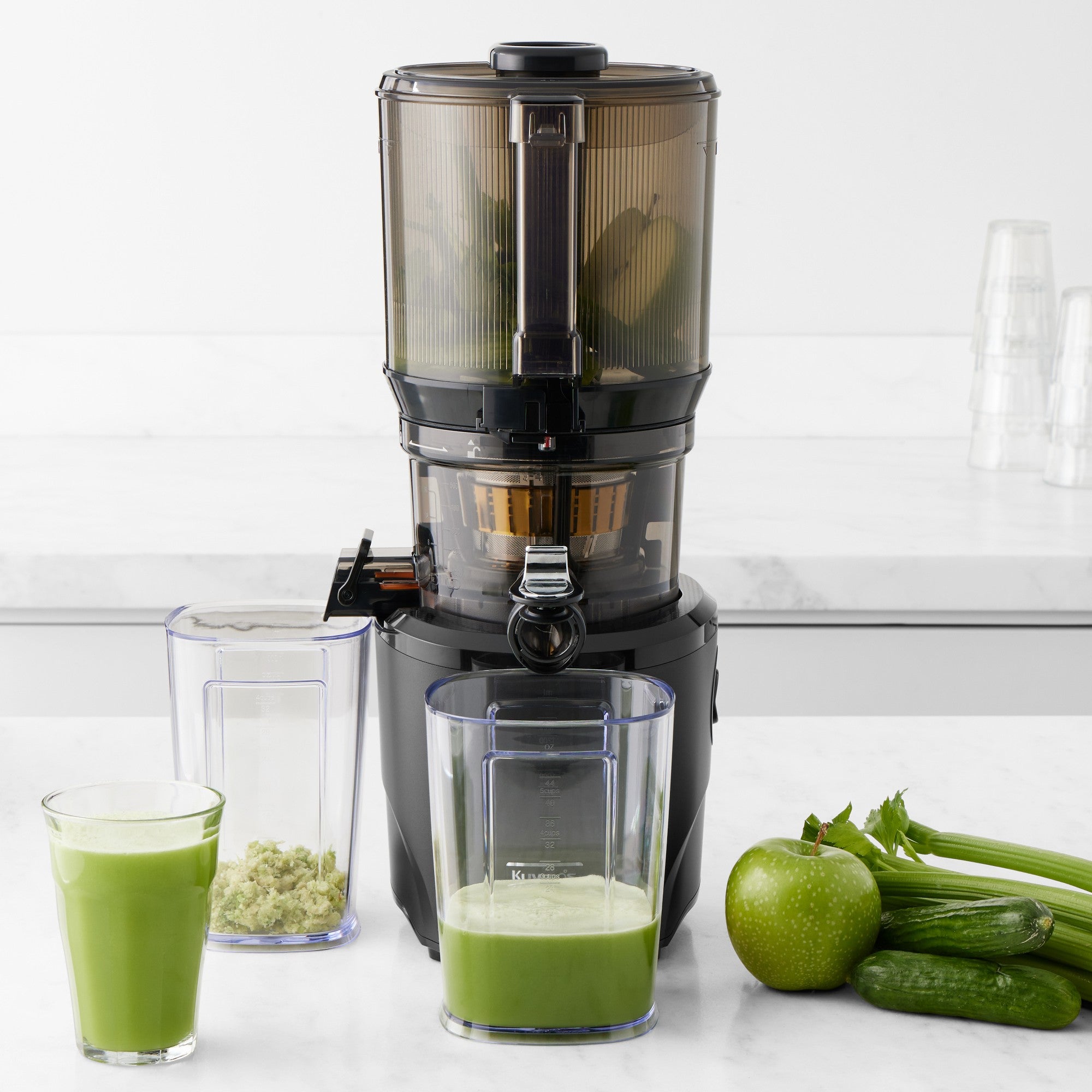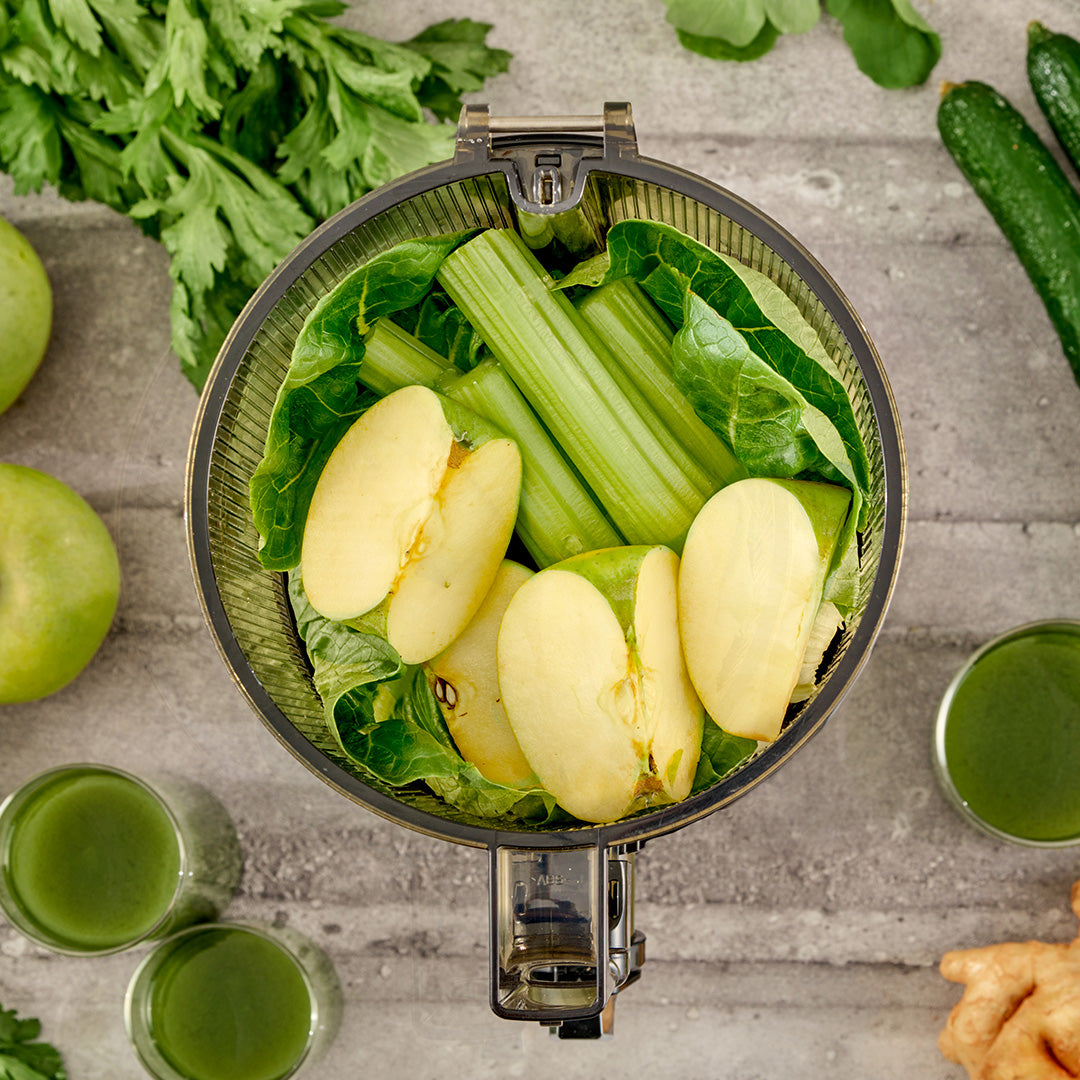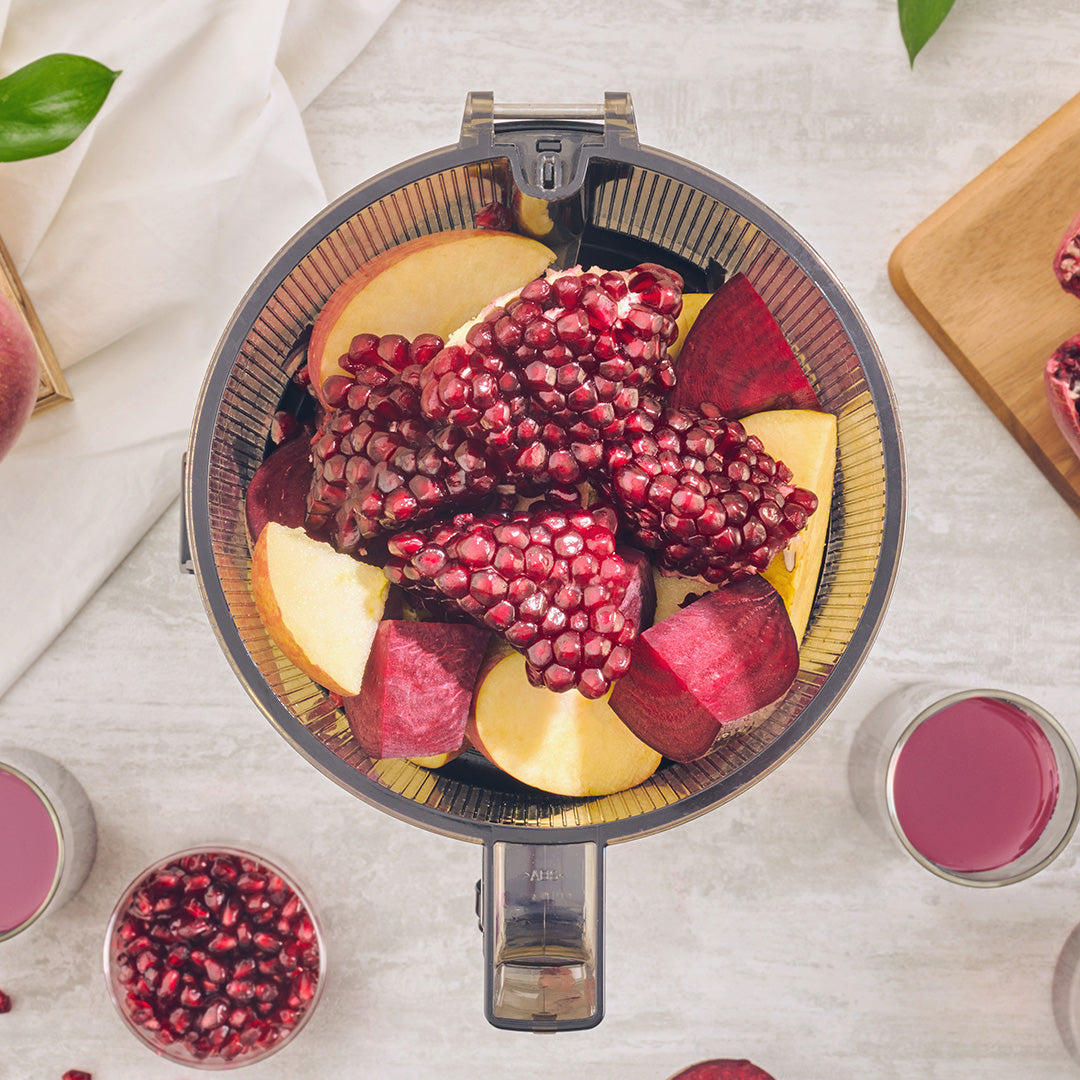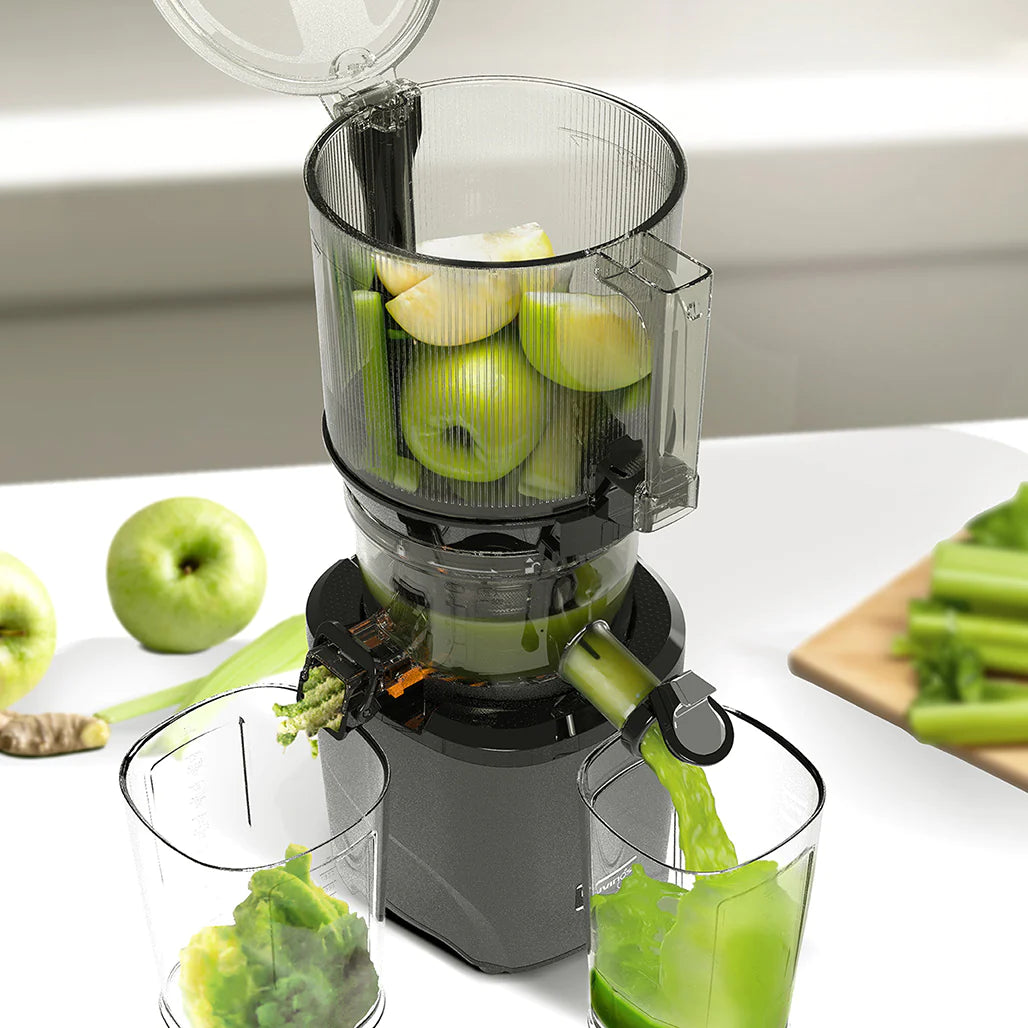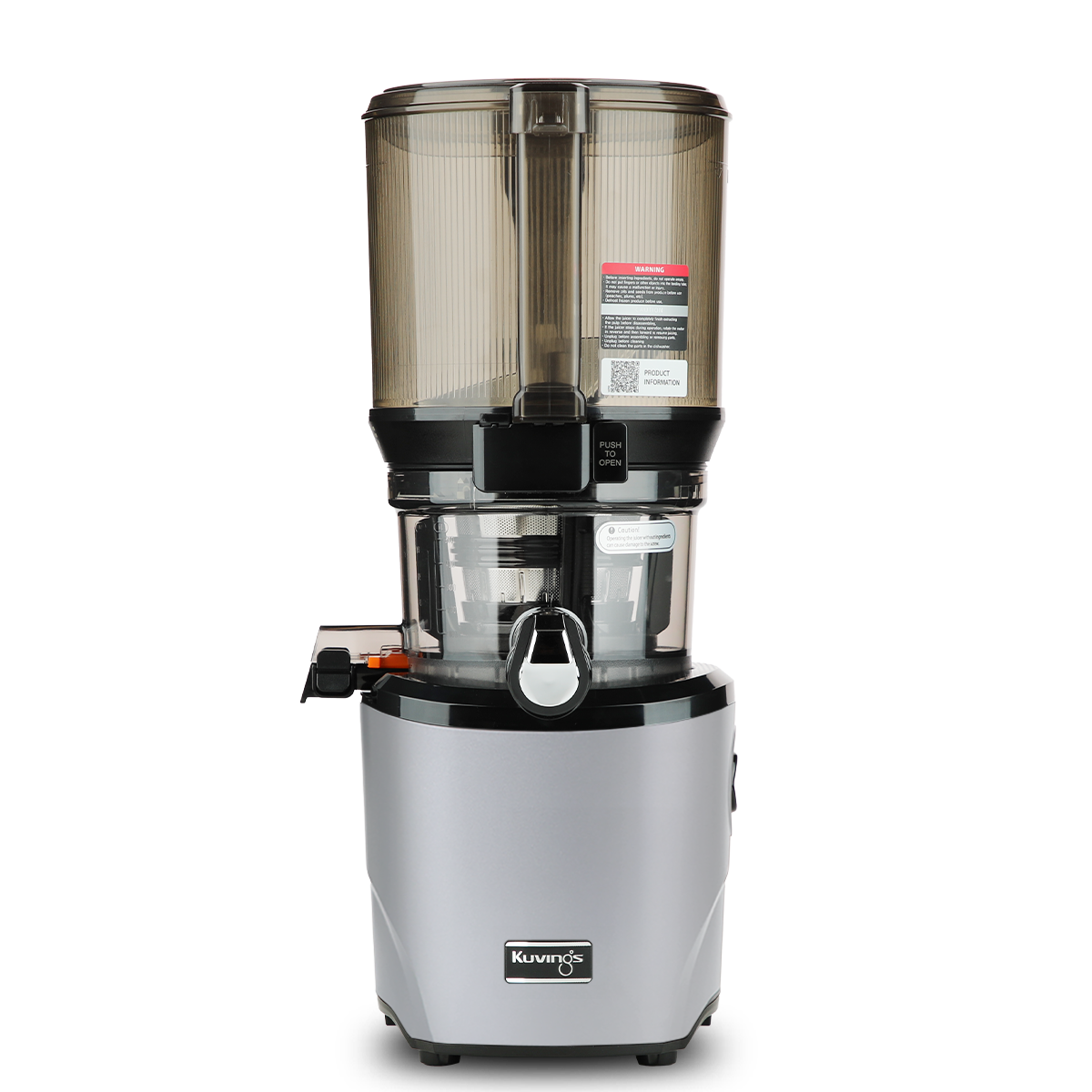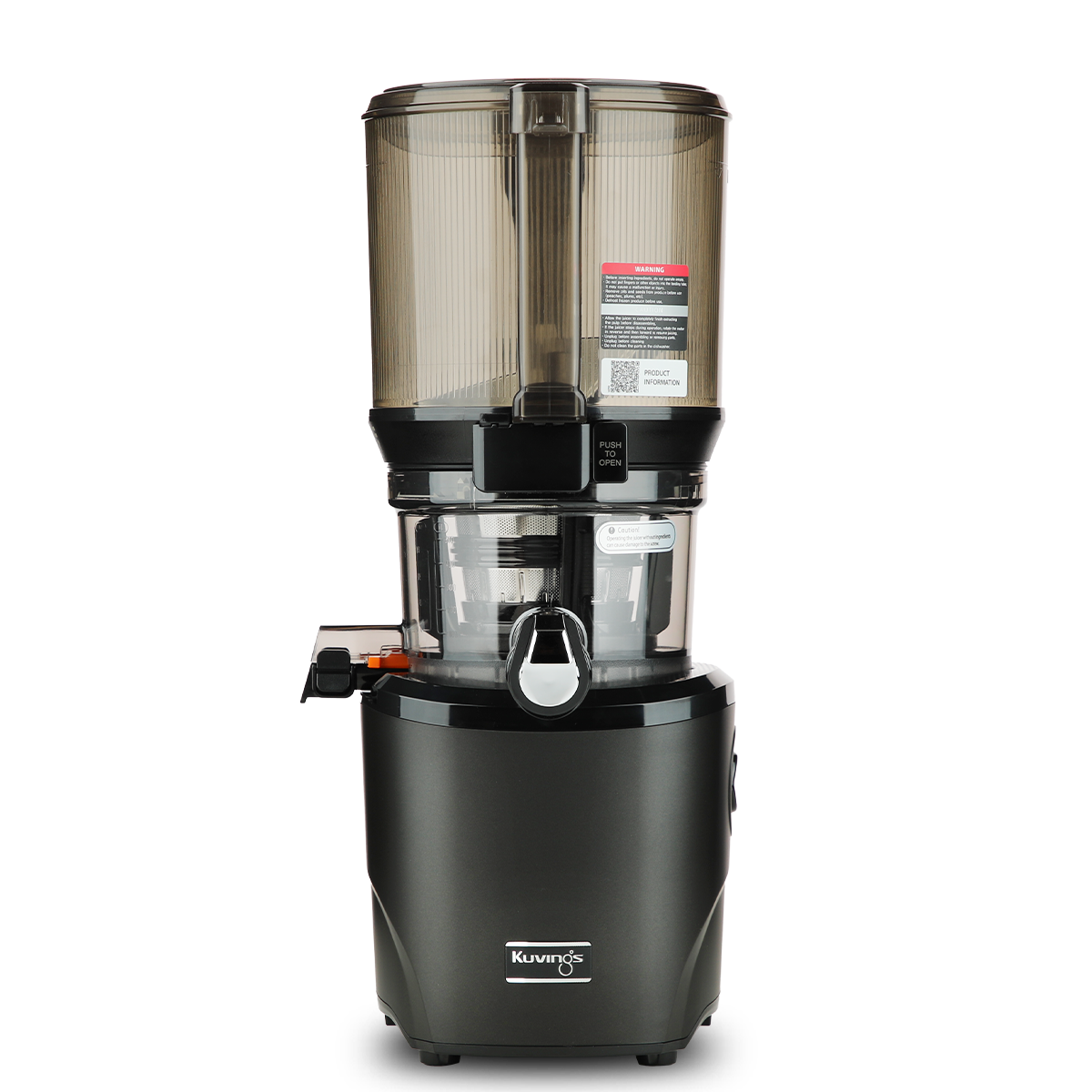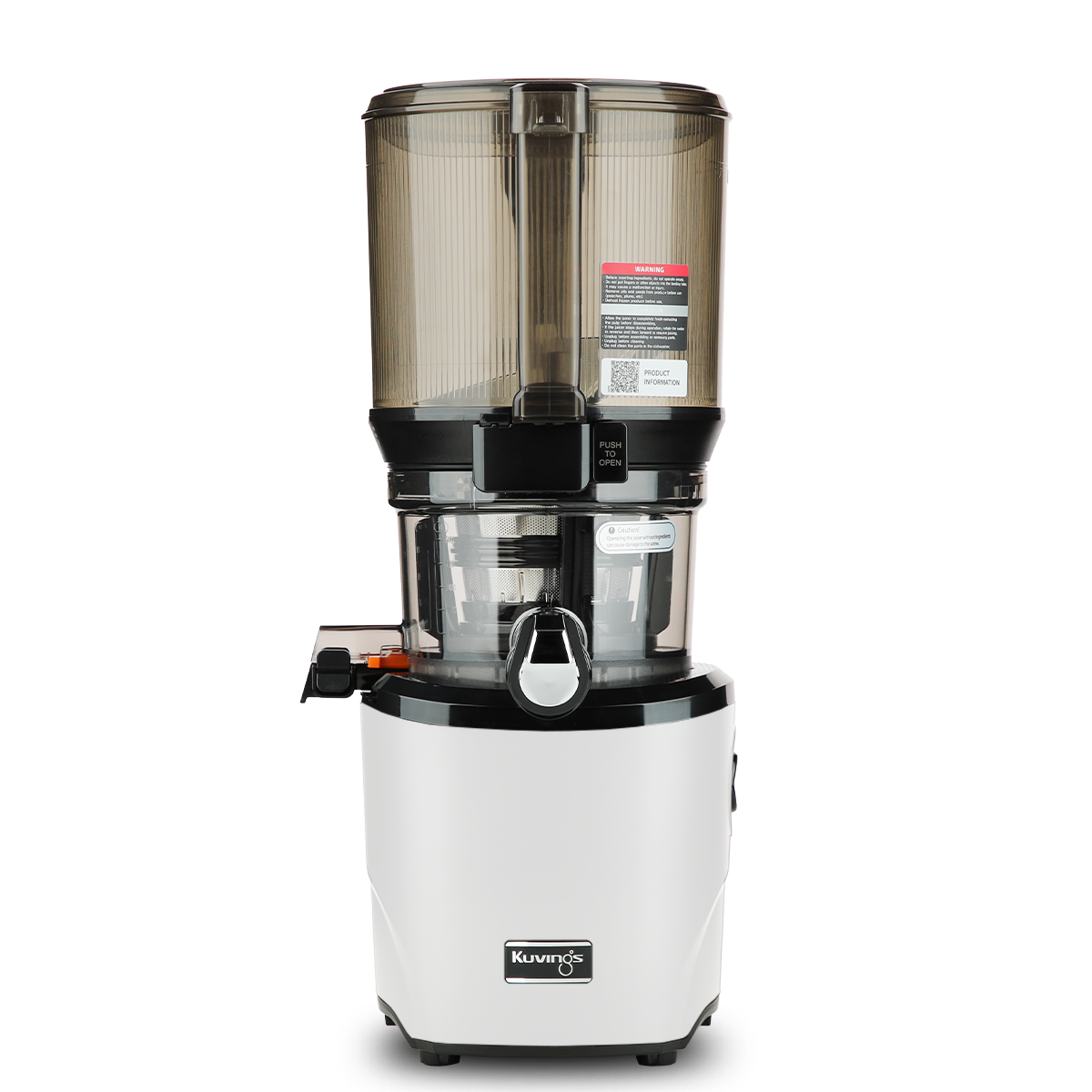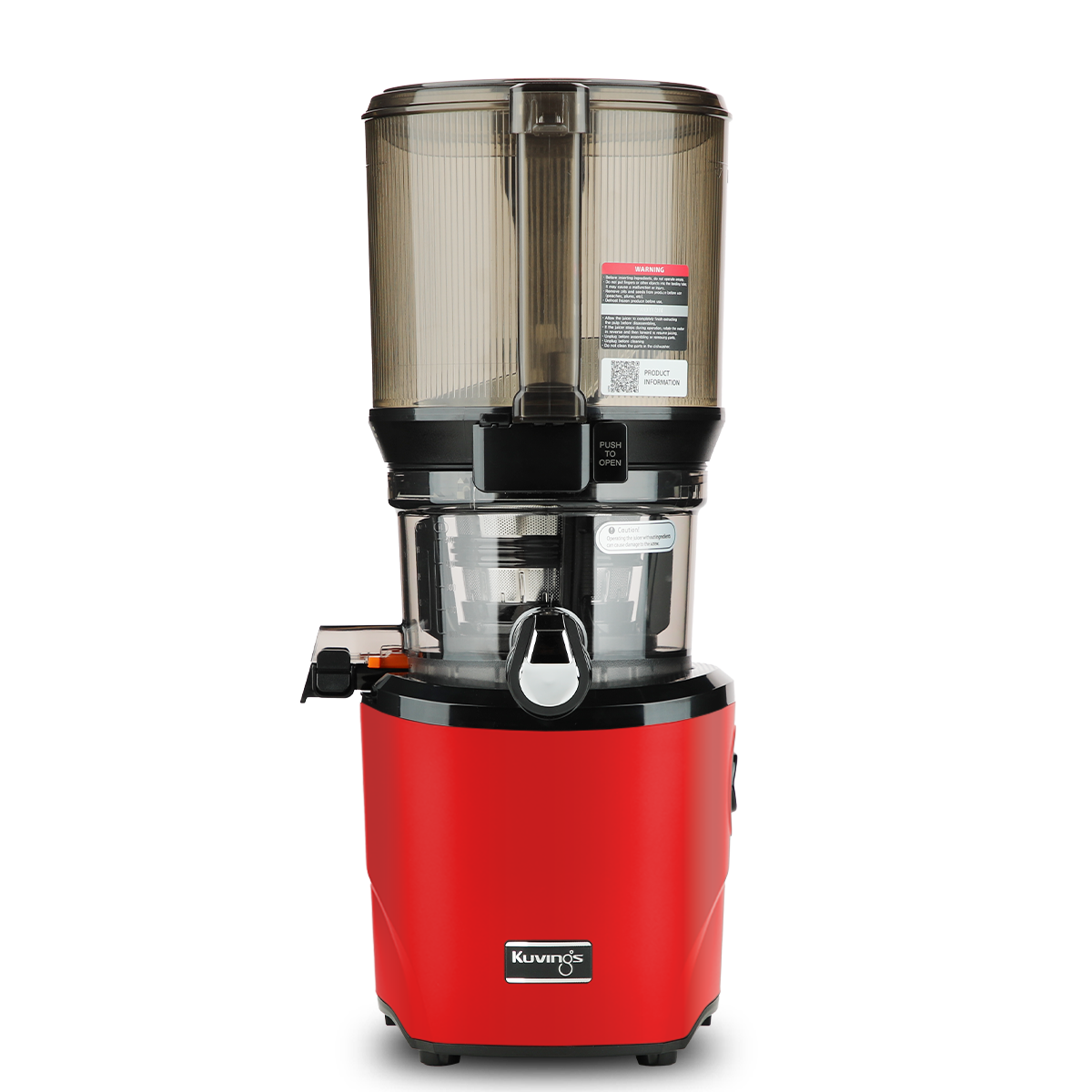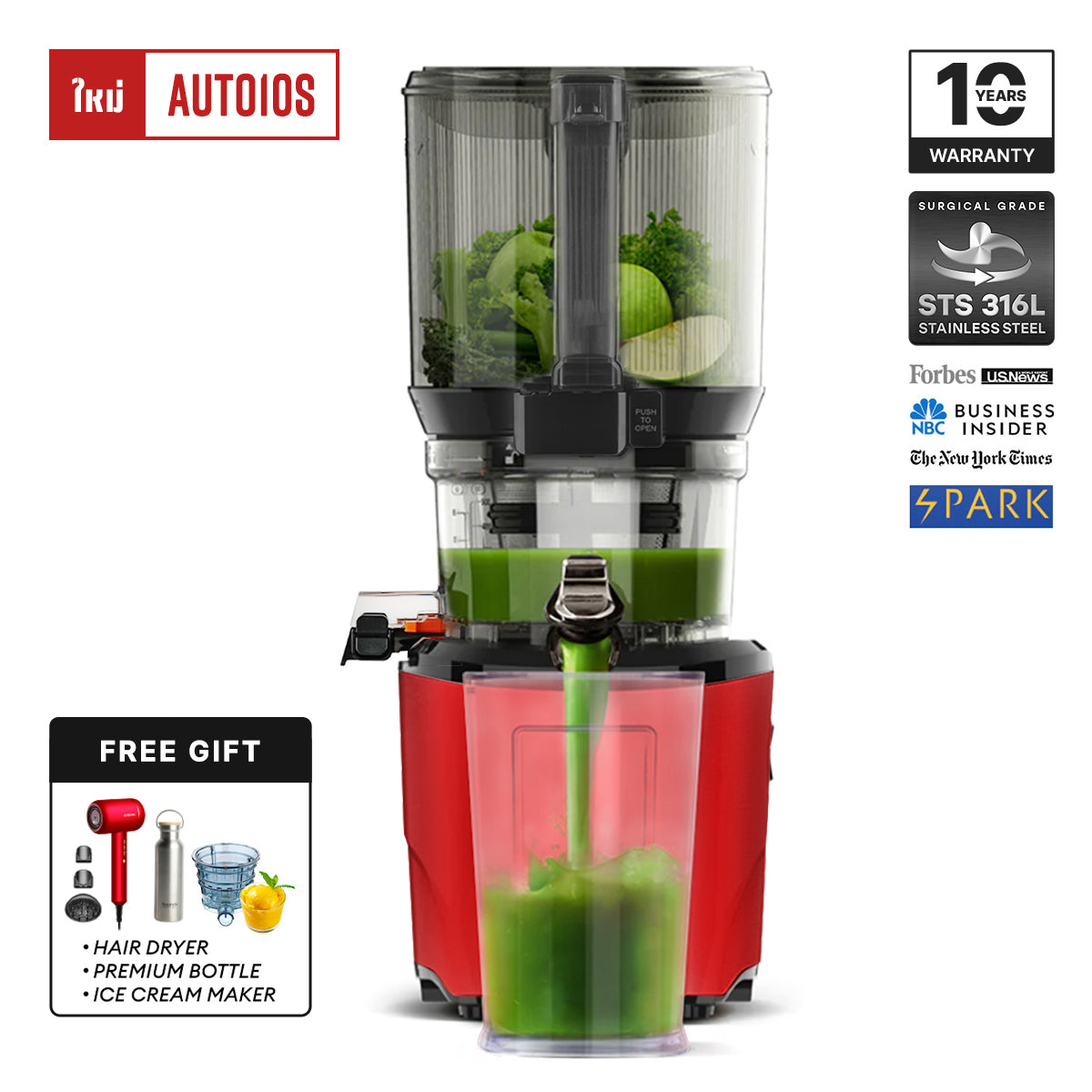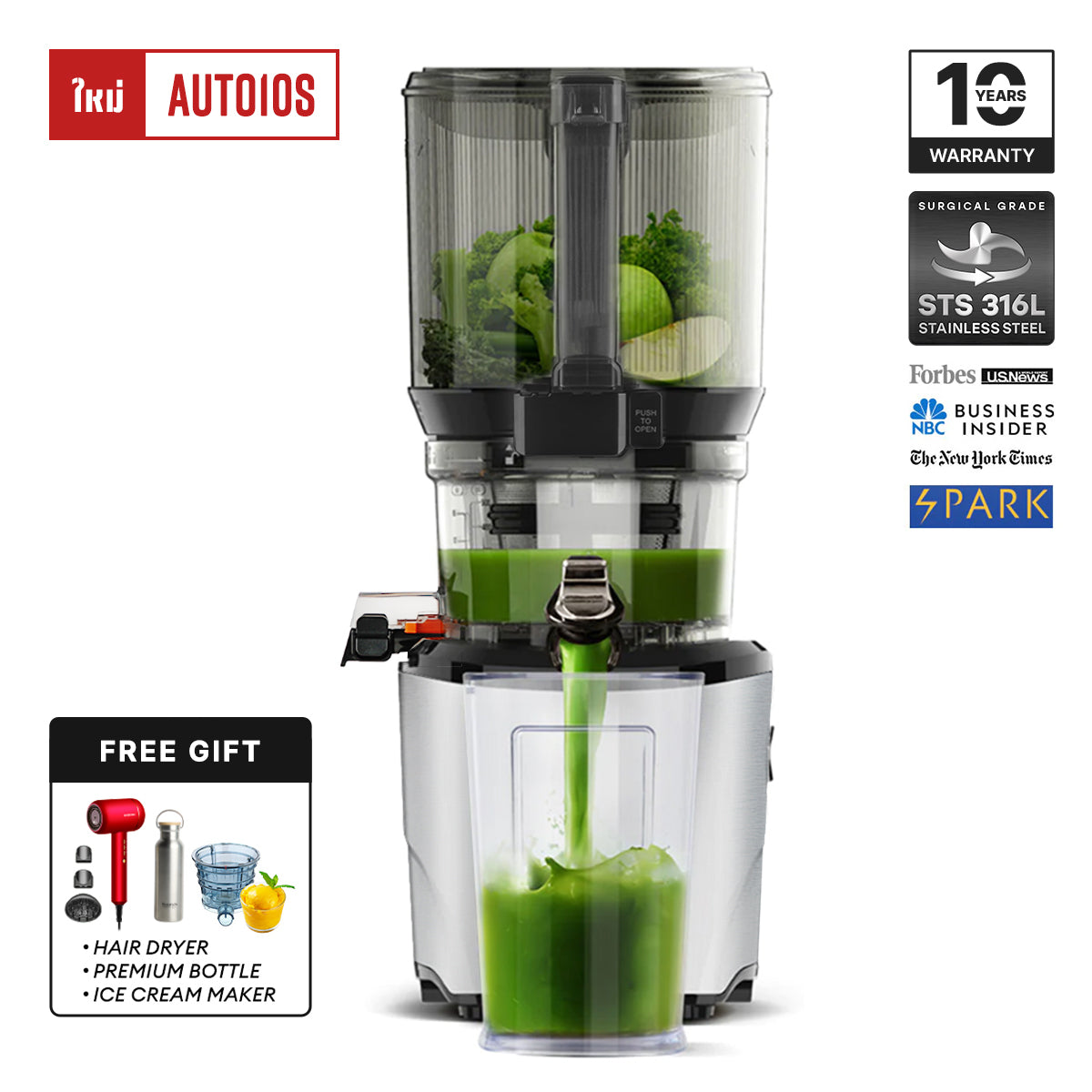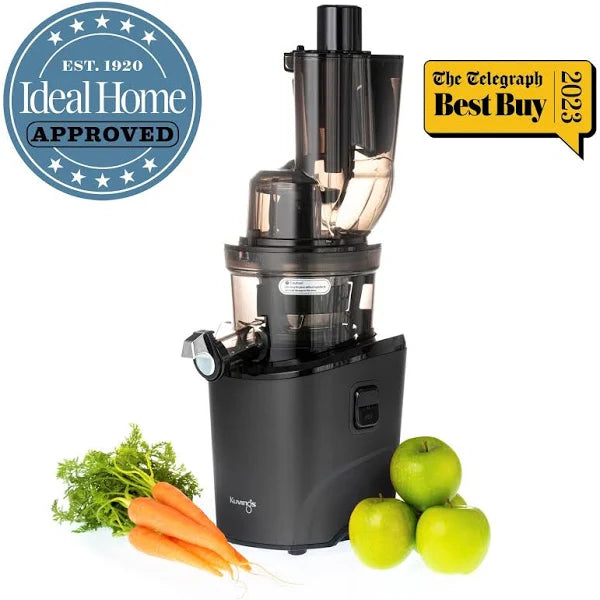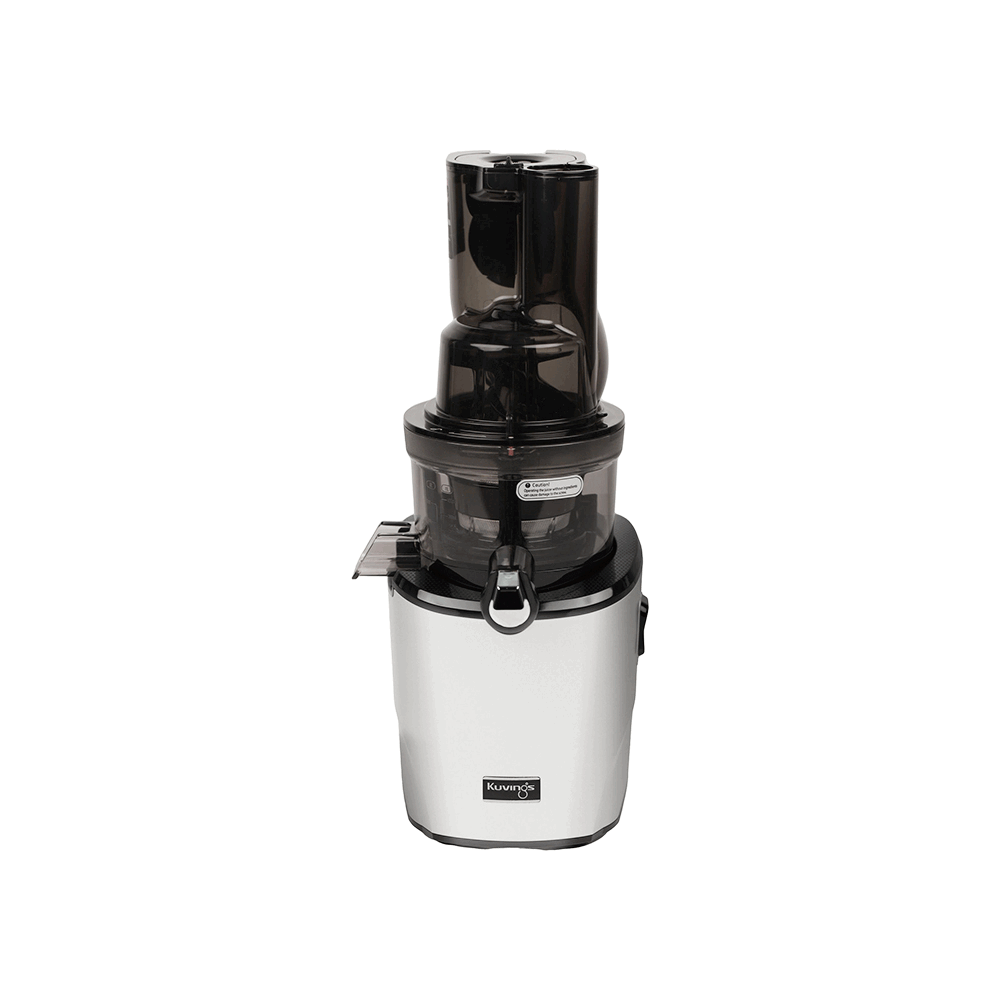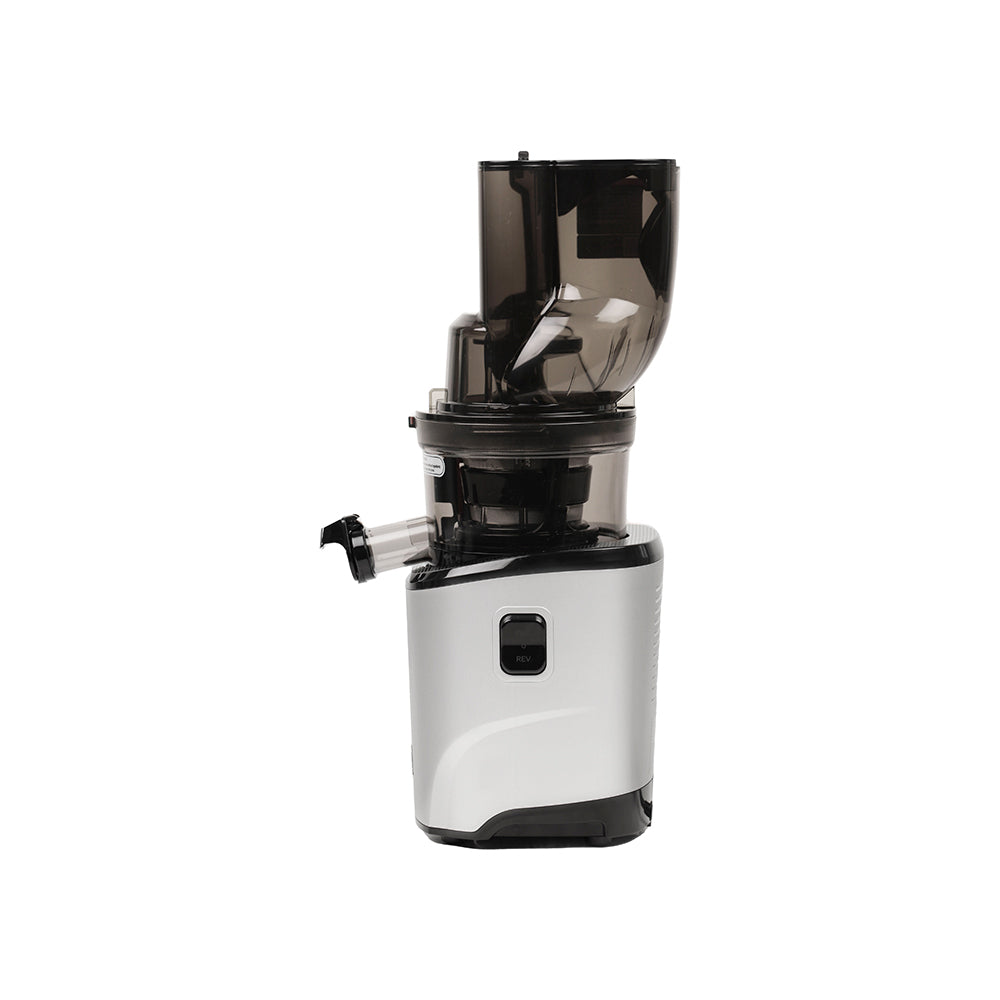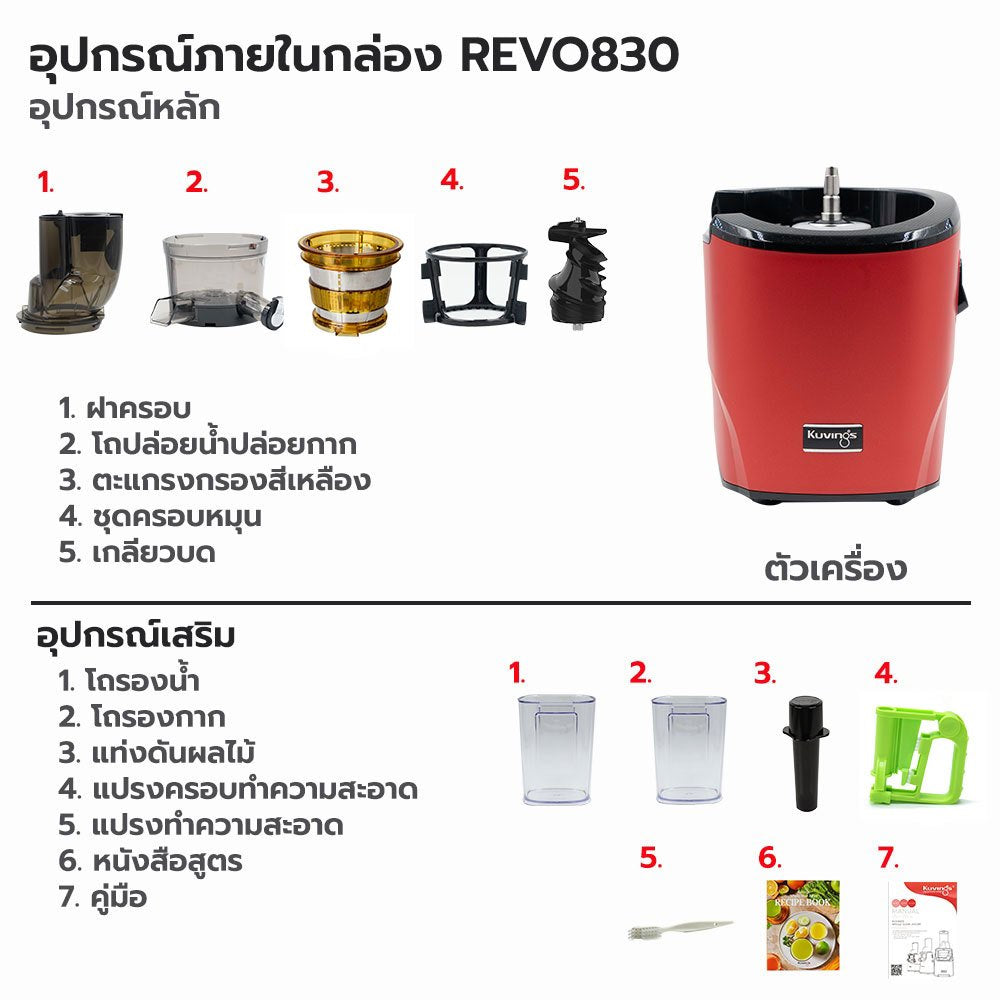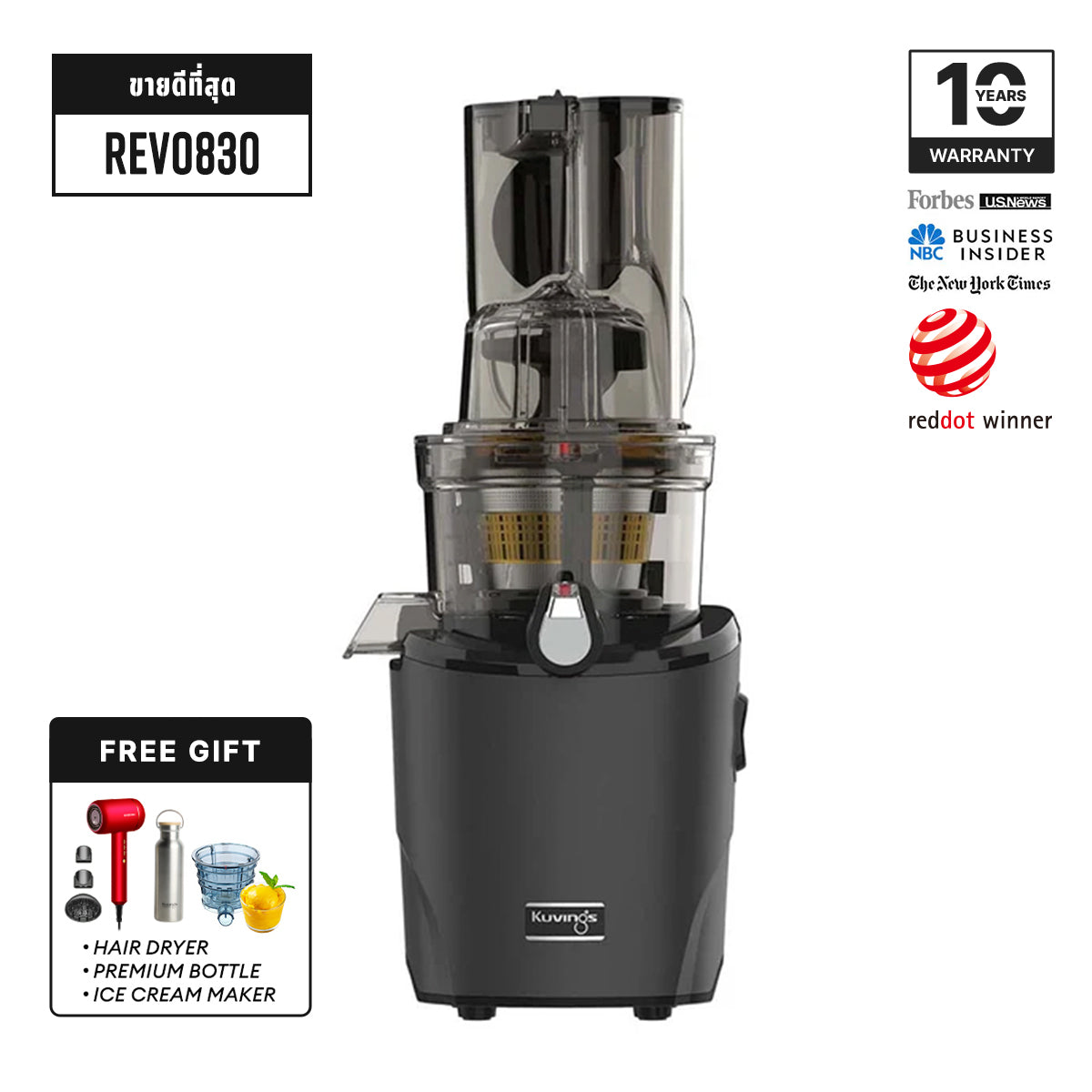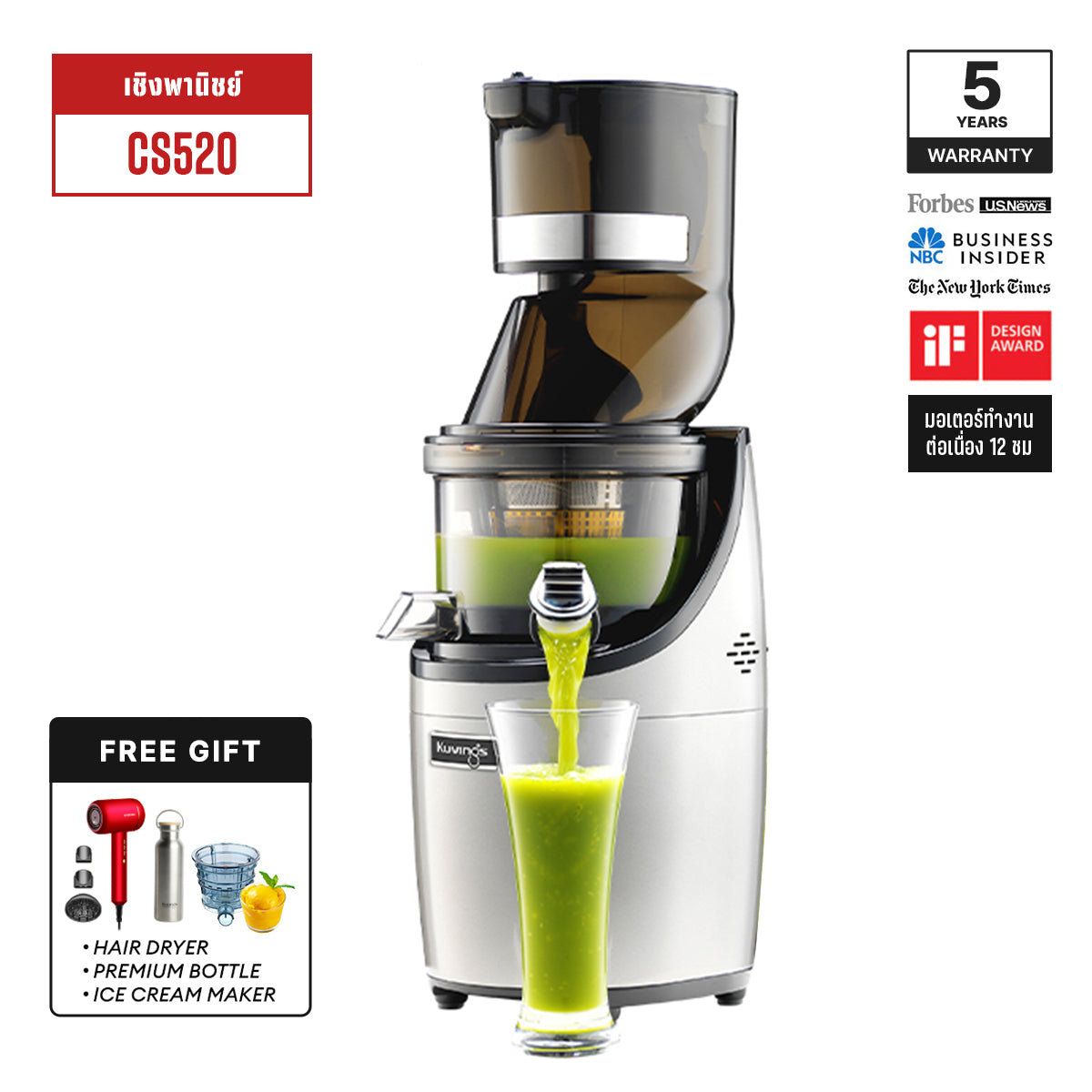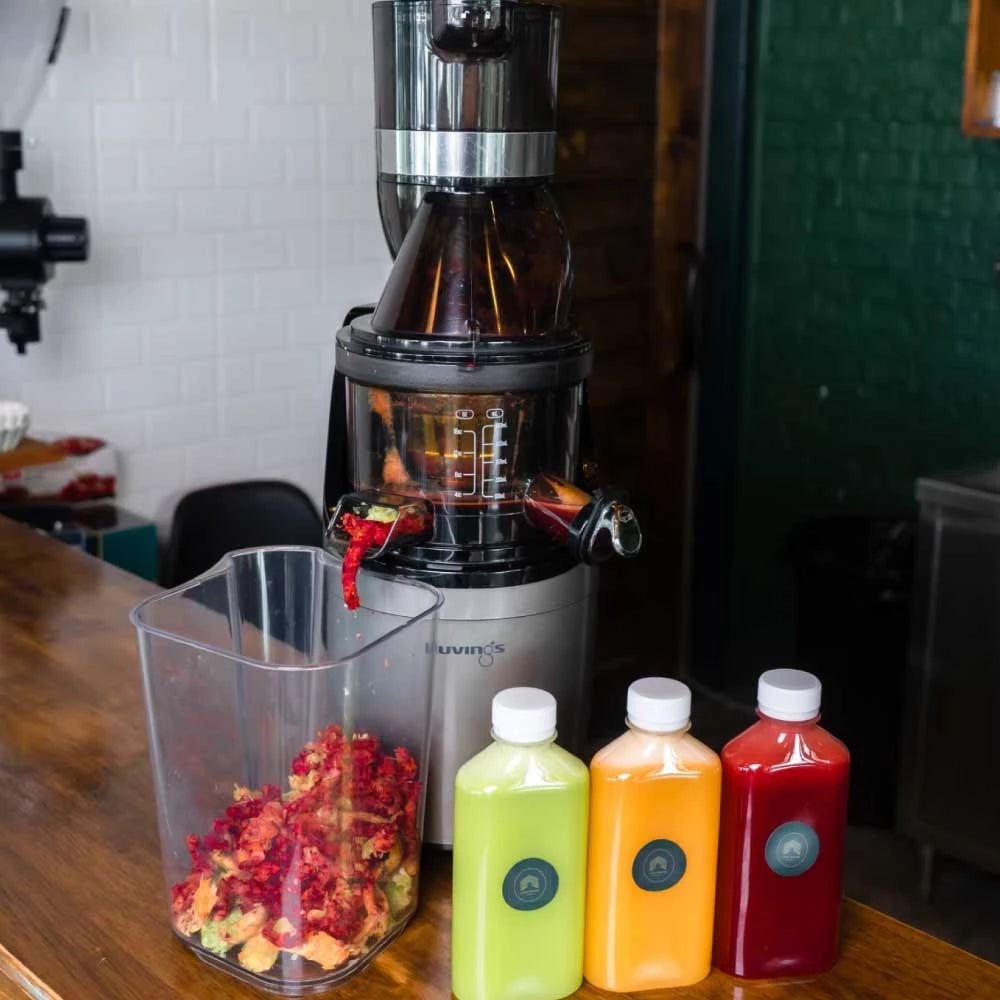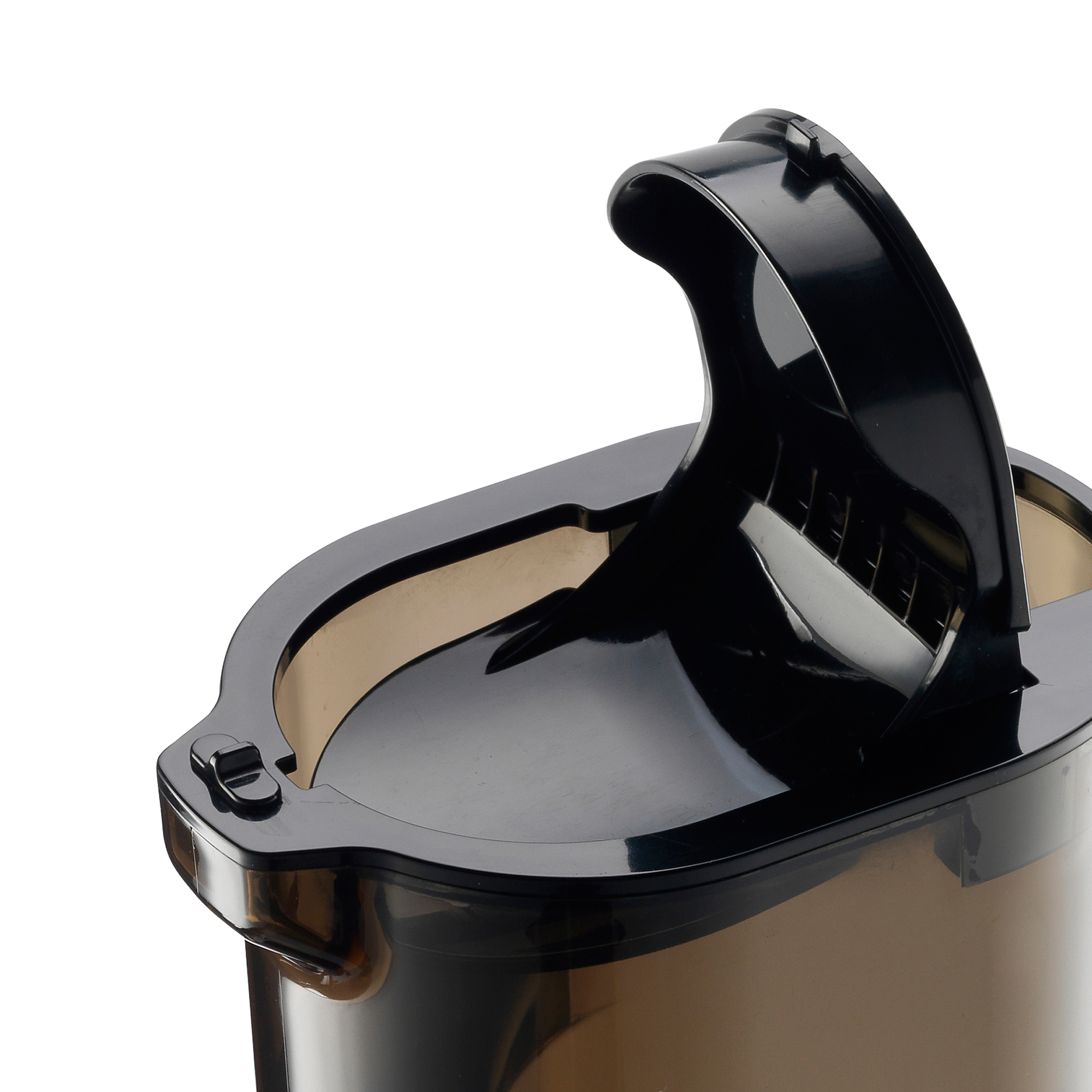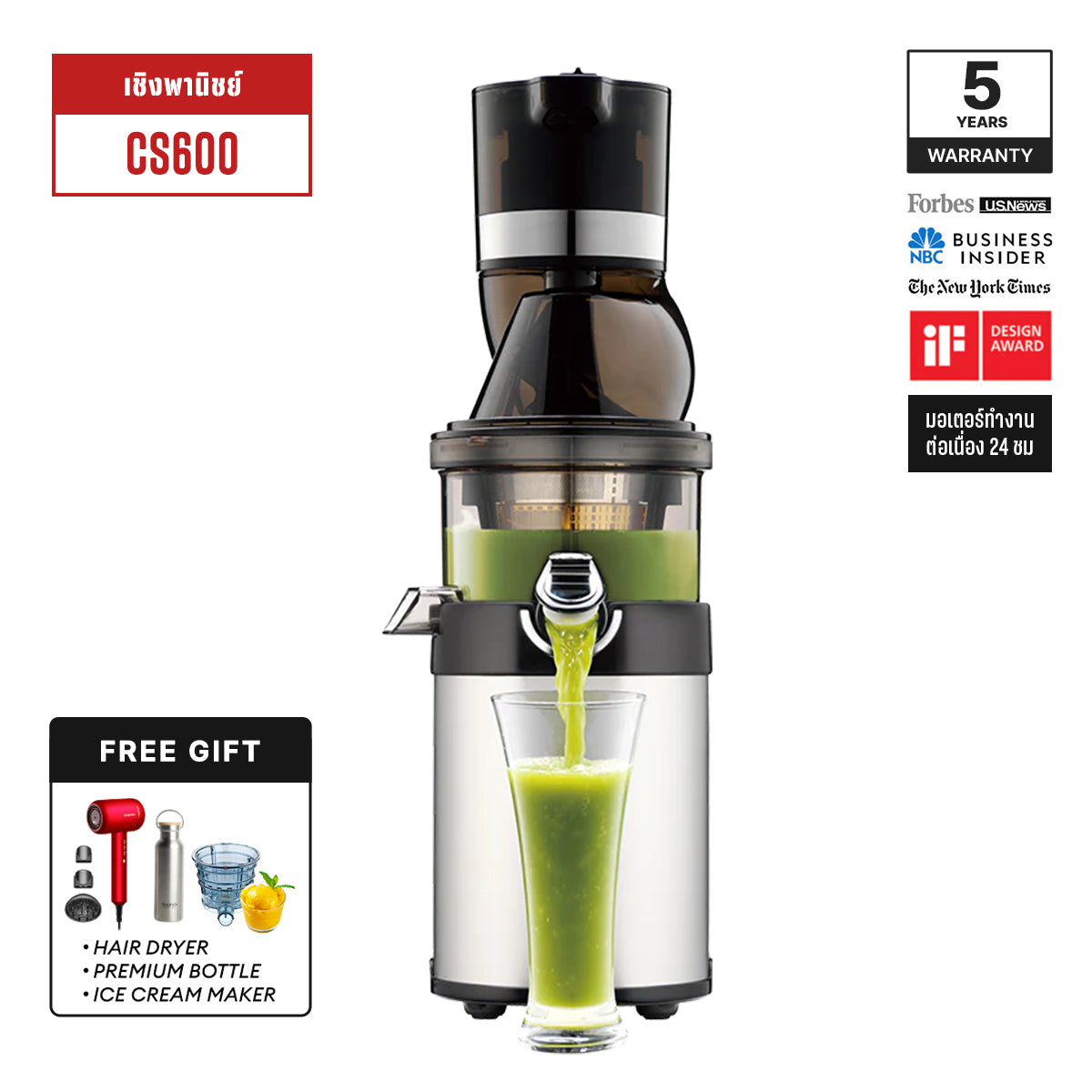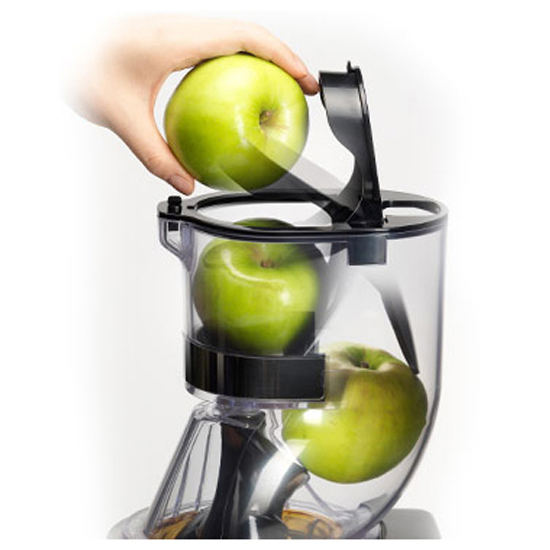Postpartum mothers require special care and attention. Choosing healthy and nutritious foods is crucial. Fruits and vegetables are excellent sources of vitamins, minerals, and nutrients that benefit the body, boost immunity, aid postpartum recovery, and nourish breast milk.
Here are some recommended fruits and vegetables for postpartum mothers:
Vegetables
-
Leafy green vegetables: such as spinach, Chinese kale, and ivy gourd. They are rich in iron, which helps nourish the blood and prevent anemia.
- Spinach: In addition to iron, spinach is also high in vitamin A, vitamin C, and folate. It helps improve eyesight, strengthen the immune system, and prevent birth defects.
- Chinese kale: High in vitamin C, it helps boost collagen production, strengthens the skin, and is a good source of calcium for bone and teeth health.
- Ivy gourd: It has properties that help reduce fever, relieve heatiness, improve eyesight, and promote lactation.
-
Garlic chives: This vegetable is known for its galactagogue properties, helping to increase breast milk production. It is rich in various vitamins and minerals, including vitamin A, vitamin C, calcium, phosphorus, and iron, all of which are essential nutrients that nourish the postpartum mother's body and promote lactation.
-
Pumpkin: High in vitamin A, it helps improve eyesight, nourish the skin, and strengthen the immune system. It also contains antioxidants, reducing the risk of cancer, and is high in fiber, which aids in digestion.
-
Banana blossom: Helps increase breast milk production. It is high in iron, which nourishes the blood. It also contains calcium and phosphorus for bone and teeth health, and has antioxidant properties.
-
Ginger: Helps expel wind, relieve bloating, and improve digestive function. It can also reduce nausea and vomiting, relieve cold symptoms, and alleviate menstrual cramps.
-
Bitter melon: Helps lower blood sugar levels, making it suitable for mothers with gestational diabetes. It contains antioxidants, which help reduce the risk of cancer, and helps control cholesterol levels.
Fruits
-
Ripe papaya: High in vitamin A, it helps improve eyesight. It is also high in fiber, which aids in digestion and prevents constipation. It contains papain, an enzyme that aids digestion, and is high in potassium, which helps regulate blood pressure.
-
Banana: High in potassium, it helps maintain fluid balance in the body. It has a cooling effect and helps nourish the body. It can also relieve constipation and contains vitamin B6, which helps reduce stress and promotes sleep.
-
Dragon fruit: High in vitamin C, it helps strengthen the immune system. It is also high in fiber, which aids in digestion. It contains magnesium, which helps with nerve and muscle function, and iron, which nourishes the blood.
-
Dates: Rich in vitamins and minerals, they help nourish the body and promote lactation. They are high in fiber, which aids in digestion, and potassium, which helps regulate blood pressure. They are also high in iron, which nourishes the blood.
-
Avocado: Contains good fats that help nourish the brain and heart. It is high in vitamin E, which nourishes the skin, and folate, which helps nourish the baby's nervous system.
Postpartum health care is crucial for mothers. Choosing a variety of healthy foods like fruits and vegetables will help the body recover faster, strengthen the immune system, and nourish breast milk for the baby. Leafy green vegetables, pumpkin, banana blossom, and ginger are all good choices for mothers. Similarly, fruits like ripe papaya, banana, dragon fruit, dates, and avocado are rich in essential vitamins and minerals.
Don't forget to wash fruits and vegetables thoroughly before consumption. Eat a variety of foods from all 5 food groups, along with getting enough rest, drinking plenty of water, and engaging in light exercise for the health of both mother and baby. 😊




